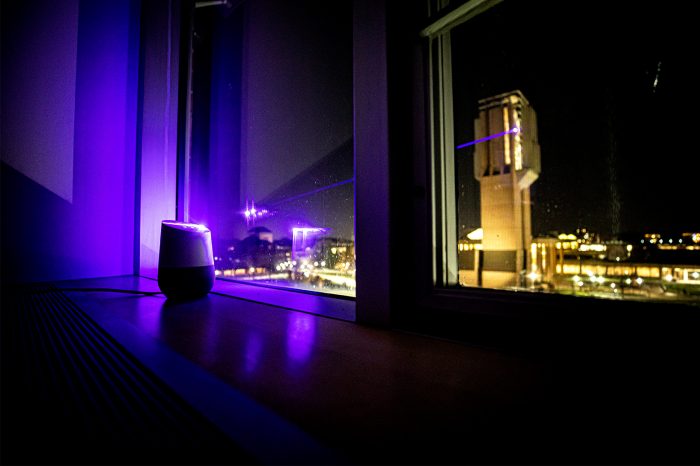
Where does “computer” end, and “real world” begin? This line, separated so firmly in our minds by apps and user interfaces, is finer than it appears as our devices are under attack in new, increasingly sophisticated ways: microphones that “hear” light; microprocessors that “tell” us secrets; self-driving cars that “see” fake objects; sensors that “feel” the wrong temperature.
These scenarios and more have all been demonstrated by security researchers at U-M who are exploring the limits of hardware and finding new, sobering vulnerabilities in our computers and homes. As we rely ever more deeply on pervasive autonomous systems, internet of things devices, and elaborate methods to speed up microprocessors, we’ll start to experience these hacks without some much-needed intervention. “The security mechanisms we use were designed in the 60s,” says assistant professor Daniel Genkin. “So now, we need to catch up.”
